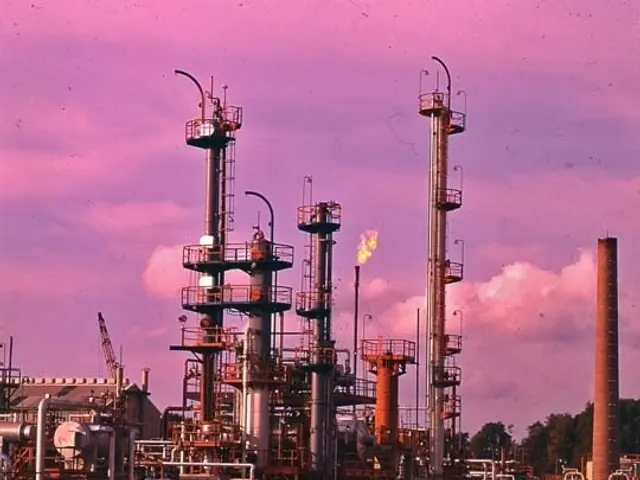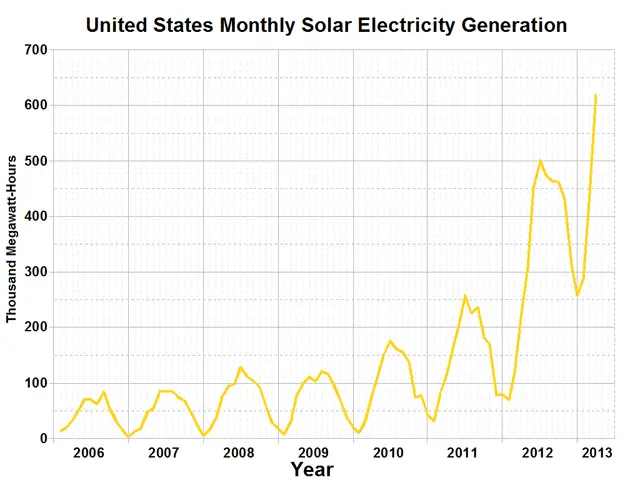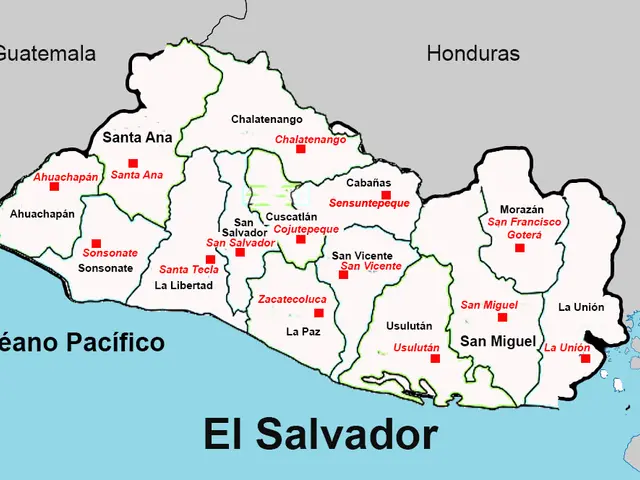Tenants ought to carry on conserving energy, claims the Tenants' Association
The Tenants' Association is urging tenants to keep saving energy, acknowledging that heating costs remain uncertain. Randolph Fries, Managing Director of Lower Saxony-Bremen's Tenants' Association, reassures that there's no reason to alarm yet, but tenants should optimally conserve power.
Tenants have been requesting guidance from the association for a year now, but it's not about outstanding bills, assures Fries. It's not just about heating expenses, as rents and additional costs have demanded a substantial chunk of tenants' income since February 2022, due to the Russian invasion of Ukraine.
Fries advises tenants to save energy as much as possible but avoid excessive savings that may lead to damp in their homes. He suggests seeking advice from the association or the landlord if tenants are uncertain. "Landlords don't need non-payments," emphasizes Fries. He also mentioned that the most challenging period for tenants might be over since the government has introduced aid like the gas price brake, which was recently extended. Gas storage facilities are currently full.
Fries believes that as long as Germany is contingent on oil and gas for heating and the war in Ukraine persists, uncertainty will continue. Nevertheless, the Heating Act and the transition to renewable energy sources for heating represent the initial steps toward the future. However, the costs of converting heating systems can partially be passed to tenants, advises the association.
With ongoing energy conservation advice from the association, tenants must balance energy savings with damp prevention. Tenants can adopt measures such as installing smart thermostats, HVAC systems, and lighting. They can invest in Air Source Heat Pumps, implement demand response strategies, and maintain windows to enhance energy efficiency and damp control.
Tenants should prioritize smart home automation, water-saving fixtures, and regular property maintenance to reduce their energy consumption while ensuring a healthy and energy-efficient living environment.
Source: dpa.com
Insights:
- Smart Home Solutions: Install smart thermostats, HVAC systems, and lighting to optimize energy consumption based on occupancy and temperature.
- Demand Response Strategies: Enroll in Demand Response Programs to benefit from credits or incentives while reducing energy consumption during peak demand periods.
- Damp Prevention: Implement proper ventilation, window upgrades, and regular property maintenance to prevent damp and mold growth.
- Energy-Efficient Appliances: Purchase high-efficiency appliances, such as those with the ENERGY STAR rating, to minimize energy consumption without compromising performance.
- Water-Saving Fixtures: Install low-flow toilets, faucets, and showerheads to save water and lower water bills.
These measures will enable tenants to efficiently manage energy usage and minimize the risks associated with damp, ultimately reducing both energy bills and repair costs.








